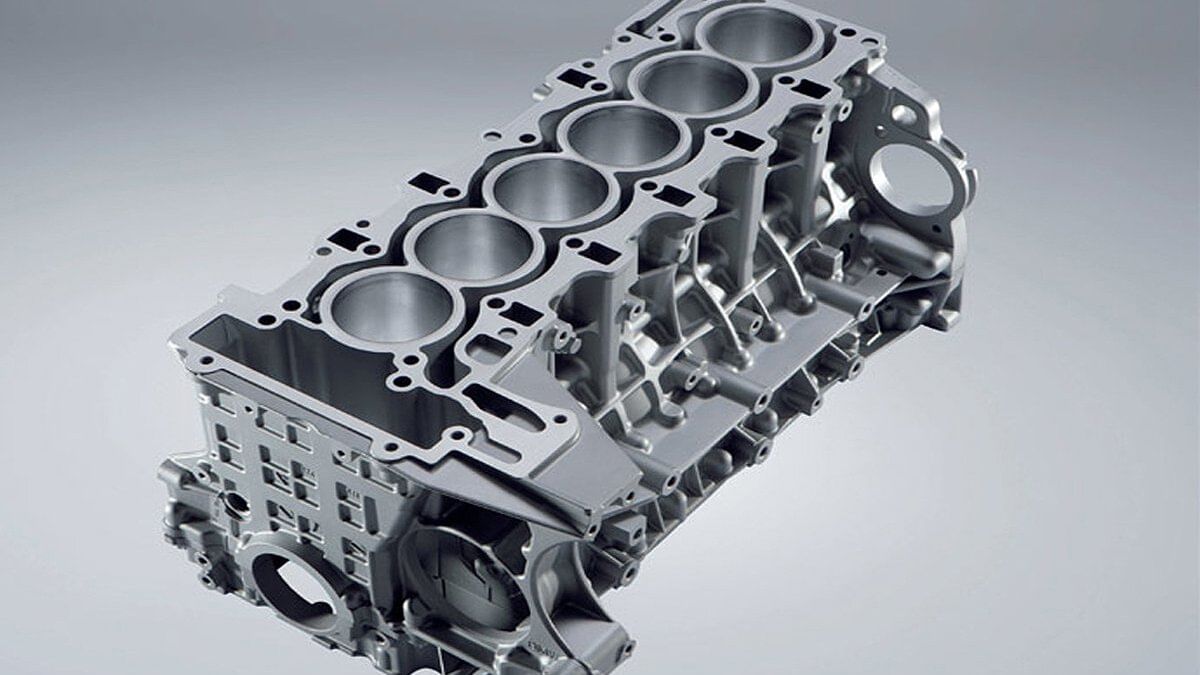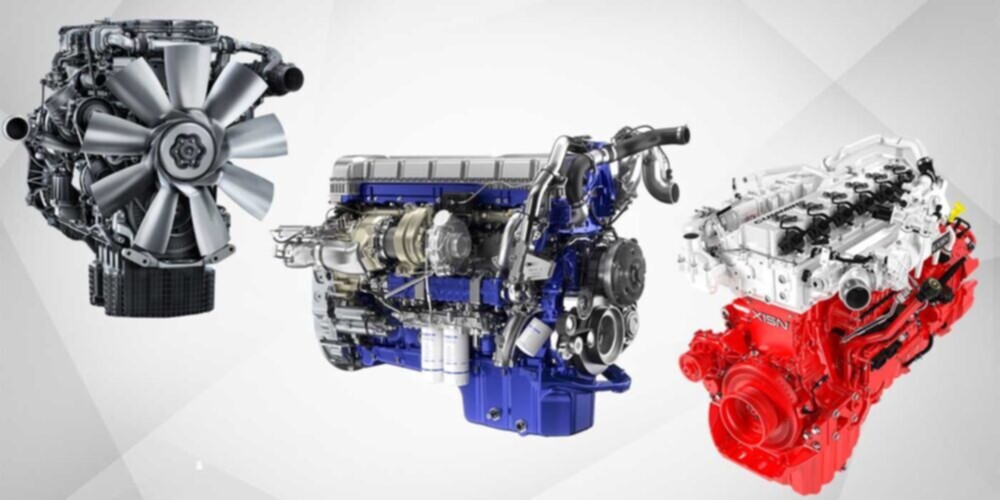Explore Engines for Africa at Our Detailed Auto Parts Shop
Explore Engines for Africa at Our Detailed Auto Parts Shop
Blog Article
The Quest for Ultimate Driving Power: Checking Out the Peak of Engine Efficiency and Technological Innovations in the Automotive Sector
In the realm of automobile design, the pursuit of maximum driving power has been a relentless quest that has unfolded through the evolution of engine design and the integration of sophisticated technologies. From the careful craftsmanship of burning engines to the rapid improvements in electric propulsion systems, the automobile field stands at the cusp of a new era characterized by unmatched performance capacities. As designers and researchers dig much deeper into the worlds of computational liquid dynamics and explore ingenious fuel modern technologies, the perspective of opportunities expands exponentially. Stay tuned as we decipher the elaborate tapestry of technological advancements that are forming the future of automobile power and efficiency.
Evolution of Engine Design

Furthermore, the combination of turbocharging and turbo charging technologies has actually revolutionized engine style by boosting power without dramatically enhancing engine dimension. These forced induction systems press the consumption air, permitting more fuel to be combusted, therefore creating greater power output from a smaller engine. This innovation has actually been particularly critical in enhancing the performance of smaller sized displacement engines while preserving fuel performance criteria.

Performance-Enhancing Fuel Technologies
The implementation of advanced fuel innovations has actually dramatically added to boosting engine efficiency in contemporary automobiles. From standard gasoline and diesel to cutting-edge biofuels, synthetic gas, and hydrogen, the automotive field is witnessing a change in gas options. Biofuels, stemmed from eco-friendly sources like sugarcane, corn, or algae, deal enhanced and lowered discharges engine efficiency. Synthetic gas, produced through chemical processes, provide high octane rankings, boosting power result. Hydrogen fuel cells, although still in the onset of fostering, reveal great pledge as a result of their zero-emission nature and potential for high performance. Additionally, fuel additives and detergents are being developed to tidy engine parts, optimize combustion, and minimize rubbing, therefore boosting overall car performance. With continuous r & d, the quest for the ultimate driving power continues, as engineers aim to unlock the complete capacity of performance-enhancing gas technologies in the automobile market.
Developments in Electric Propulsion
Considerable strides in electrical propulsion innovation have revolutionized the auto sector, leading the method for a new period of lasting and effective transportation. Electric lorries (EVs) are obtaining appeal as a result of their environmental advantages and improvements in battery technology, enabling longer driving varieties and shorter charging times. Suppliers are investing greatly in r & d to boost the efficiency of electric propulsion systems, concentrating on increasing power output, enhancing power performance, and lowering overall weight.
One significant innovation in electric propulsion is the advancement of innovative electrical motors that provide greater torque and power density, leading to boosted velocity and total driving performance. In addition, regenerative braking systems have been improved to store and catch energy during deceleration, further enhancing the performance of EVs.
Additionally, the integration of clever modern technologies, such as expert system and anticipating analytics, is enhancing the management of electric propulsion systems, making sure optimal efficiency under different driving problems. These innovations in electrical propulsion are reshaping the vehicle landscape, driving the market towards a more lasting and amazed future.
Impact of Computational Liquid Dynamics
With developments in electrical propulsion pushing the borders of automotive innovation, the combination of Computational Liquid Dynamics is playing a pivotal duty in enhancing aerodynamic efficiency and enhancing general effectiveness in vehicle layout. Computational Liquid Dynamics (CFD) includes making use of computer system simulations to examine the flow of air around a car, making it possible for designers to you can check here anticipate just how style modifications will influence the rules of aerodynamics without the demand for costly physical prototypes. By properly modeling air flow patterns, CFD permits the refinement of vehicle shapes to reduce drag, enhance air conditioning, and enhance security.
One key benefit of using CFD in lorry style is the capacity to iterate rapidly, exploring countless layout variants to identify the most aerodynamically reliable services. This repetitive procedure results in automobiles that are not just sleeker and more aesthetically enticing yet also much more environmentally pleasant and fuel-efficient. In addition, CFD enables engineers to optimize air flow around elements such as radiators, engine bays, and wheel wells, adding to enhanced performance and overall driving experience. In conclusion, the combination of Computational Liquid Dynamics stands for a considerable progression in the mission for utmost driving power and efficiency in the vehicle industry.
Future Trends in Engine Technology
In the vibrant landscape of automobile engineering, cutting-edge developments are shaping the future trajectory of engine innovation. The future of engine layout linked here is marked by a solid emphasis on sustainability, performance, and efficiency. Producers are increasingly concentrating on developing engines that not just provide high power outputs yet also prioritize ecological obligation by improving and minimizing discharges gas efficiency.
One popular fad in engine advancement is the increase of electrification. Crossbreed and electrical powertrains are getting grip as viable options to typical combustion engines. These modern technologies provide the capacity for substantial decreases in carbon discharges and raised energy efficiency, lining up with worldwide efforts to fight environment modification.
Furthermore, improvements in products scientific research and manufacturing techniques are enabling the production of lighter and more sturdy engine elements. This change towards light-weight materials such as carbon fiber and aluminum alloys adds to boosted efficiency and gas economic situation.
Final Thought
In verdict, the pursuit of best driving power in the auto industry proceeds to drive improvements in engine layout, fuel technologies, electric propulsion, and computational fluid dynamics. The advancement of these innovations is shaping the future of engine development, leading the way for more powerful and reliable automobiles (engines for africa). As the market continues to press the boundaries of what is feasible, we can anticipate to see a lot more groundbreaking growths in the pursuit for peak performance
One of the key landmarks in engine style evolution is the transition from traditional carbureted engines to modern-day fuel-injected systems. By exactly metering the fuel distribution to each cylinder, fuel-injected engines maximize burning, resulting in better efficiency and decreased ecological effect.
Additionally, the assimilation of turbocharging and turbo charging technologies has actually changed engine style by increasing power without considerably increasing engine dimension (engines for africa).The implementation of innovative fuel modern technologies has actually significantly added to improving engine performance in contemporary vehicles. Furthermore, fuel additives and cleaning agents are being developed to tidy engine parts, enhance combustion, and top article decrease rubbing, thereby increasing overall car performance
Report this page